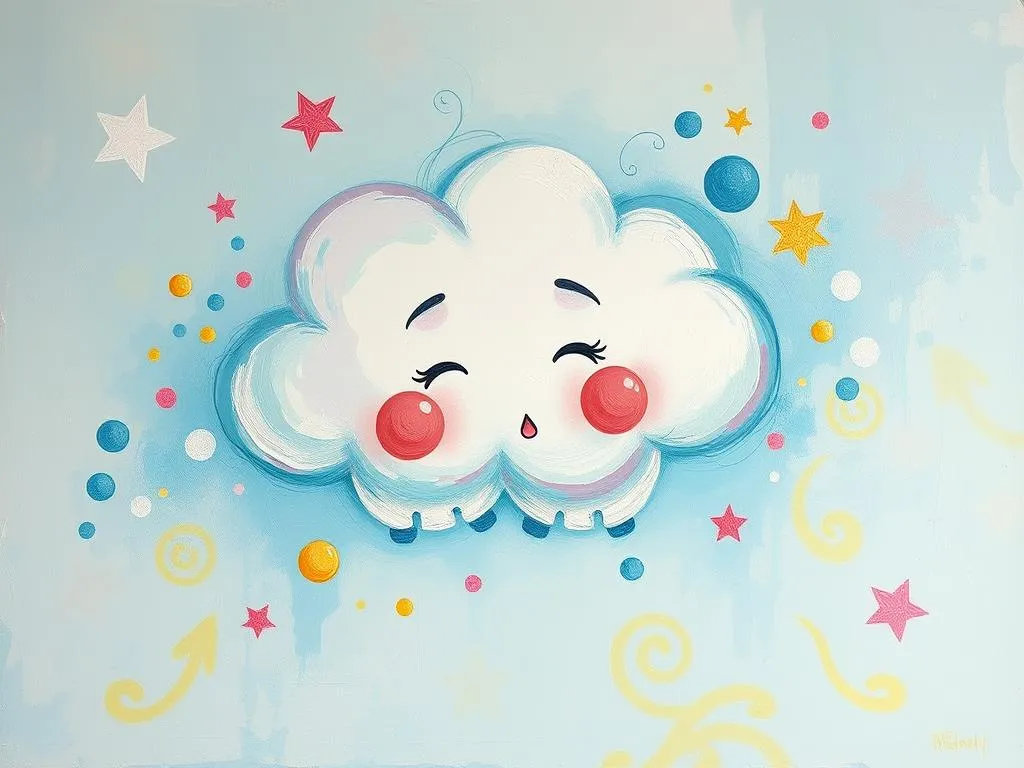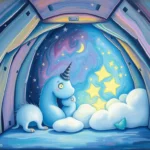
Dreams have fascinated humanity for centuries, often regarded as a window into our subconscious. They are a complex amalgamation of thoughts, feelings, and experiences that can reveal hidden truths about our lives. Understanding dream symbolism is crucial for anyone seeking insight into their emotional and psychological states. The topic of dream symbolism and its interpretations intrigues many because it offers an opportunity to explore the depths of our inner selves, revealing fears, hopes, and desires that may not be readily apparent in our waking lives.
In this article, we will delve into the symbolism of dreams and the various conditions that can influence their meanings. By examining common symbols, key scenarios, and personal connections, we aim to unlock the layers of meaning behind your dreams, guiding you toward a more profound understanding of yourself.
Symbolism and Meaning
Dreams are rich in symbolism, with each element often representing something more profound than its surface appearance. A common symbol seen in many dreams is water, which can embody emotions, intuition, and the unconscious mind. Clear, calm water may indicate peace and clarity, while turbulent or murky water can signify confusion or emotional turmoil.
Another prevalent symbol is flight, which often represents a desire for freedom or escape from life’s pressures. The experience of soaring through the air can be exhilarating and may reflect a personal journey toward self-discovery and liberation. Conversely, if the dreamer struggles to fly or falls, it may signify feelings of inadequacy or fear of failing in some aspect of life.
Houses are also significant symbols in dreams. They often represent the self, with different rooms symbolizing various facets of the dreamer’s personality or life experiences. A well-maintained house might indicate stability and comfort, while a dilapidated or chaotic home can suggest inner conflict or unresolved issues.
People in dreams can serve as symbols representing different aspects of the dreamer’s life. A friend may symbolize support and companionship, while a stranger might represent unfamiliar or unresolved feelings. The emotions felt during the dream, such as fear, joy, or sadness, further inform the interpretation and can point to the dreamer’s current emotional state.
It’s essential to remember that symbols can have different meanings based on personal experiences and cultural backgrounds. Therefore, while some interpretations may be universal, others may be uniquely relevant to the individual dreamer.
Key Scenarios and Variations
The context in which symbols appear can dramatically alter their interpretations. For instance, dreaming of being chased often invokes feelings of anxiety or avoidance. If the pursuer is a known individual, it may represent unresolved conflict with that person. Alternatively, if the chase involves a faceless entity, it could symbolize an overwhelming stressor or fear that the dreamer is trying to evade in their waking life.
Another common scenario involves being lost. This dream can reflect feelings of uncertainty or a lack of direction in life. The setting—such as being lost in a familiar place versus an unfamiliar one—can provide additional insight. Being lost in a familiar environment may suggest a personal crisis or a challenge in navigating familiar relationships, while being lost in an unfamiliar setting might indicate feelings of vulnerability or insecurity in new situations.
Falling is another frequent dream scenario, often associated with loss of control or fear of failure. If the dreamer wakes up just before hitting the ground, it may signify a fear of confronting a significant issue in their life. However, if the dreamer experiences a sense of calm while falling, it could indicate a willingness to let go and embrace change.
These variations illustrate how individual experiences and emotions shape the meanings of dreams. By paying attention to the details and feelings associated with each dream, the dreamer can gain a deeper understanding of their circumstances and emotional state.
Real-Life Connections and Takeaways
Reflecting on your dreams can illuminate aspects of your life that may need attention. Consider the emotions you felt during the dream and how they correlate with your waking experiences. For example, if you dream of flying but wake up feeling anxious, you might want to explore areas in your life where you feel constrained or limited. Ask yourself if there are opportunities for growth or change that you have been hesitant to pursue.
When interpreting dreams, it’s helpful to keep a dream journal. Recording your dreams upon waking can aid in recognizing patterns and themes over time. This practice encourages self-reflection and can provide insights into recurring issues or emotions that may need addressing.
Moreover, discussing your dreams with trusted friends or a therapist can further enhance understanding. Sharing interpretations allows for different perspectives, making it easier to uncover deeper meanings.
Lastly, consider how your dreams relate to your daily life. Are there patterns in your dreams that echo your waking thoughts? Perhaps you experience recurring symbols or scenarios that seem to reflect your current struggles or aspirations. Recognizing these connections can empower you to make informed decisions and take action toward resolving issues or pursuing your goals.
In conclusion, dream symbolism is a fascinating and intricate topic that invites personal exploration. By understanding the meanings behind common symbols, recognizing variations in dream scenarios, and reflecting on real-life connections, you can unlock a deeper comprehension of yourself and the issues you face. Dreams serve as a mirror to our internal worlds, and by engaging with them, you can navigate your personal journey with greater clarity and purpose. Embrace the opportunity to reflect on your dreams; they may hold the keys to your growth and self-discovery.







